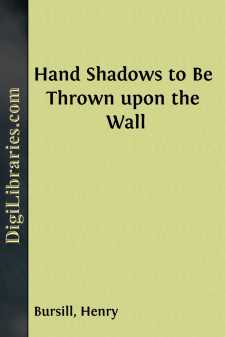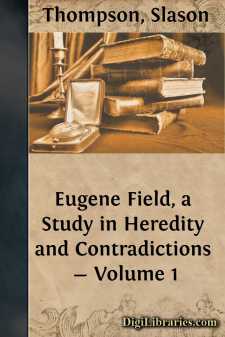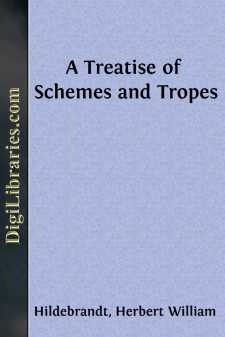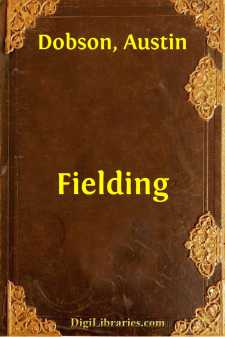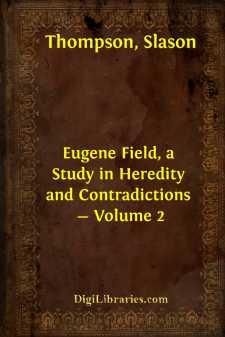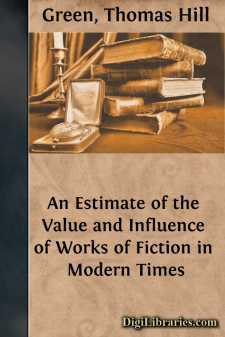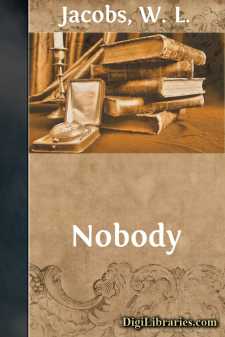Categories
- Antiques & Collectibles 13
- Architecture 36
- Art 48
- Bibles 22
- Biography & Autobiography 813
- Body, Mind & Spirit 142
- Business & Economics 28
- Children's Books 13
- Children's Fiction 10
- Computers 4
- Cooking 94
- Crafts & Hobbies 4
- Drama 346
- Education 46
- Family & Relationships 57
- Fiction 11828
- Games 19
- Gardening 17
- Health & Fitness 34
- History 1377
- House & Home 1
- Humor 147
- Juvenile Fiction 1873
- Juvenile Nonfiction 202
- Language Arts & Disciplines 88
- Law 16
- Literary Collections 686
- Literary Criticism 179
- Mathematics 13
- Medical 41
- Music 40
- Nature 179
- Non-Classifiable 1768
- Performing Arts 7
- Periodicals 1453
- Philosophy 64
- Photography 2
- Poetry 896
- Political Science 203
- Psychology 42
- Reference 154
- Religion 513
- Science 126
- Self-Help 84
- Social Science 81
- Sports & Recreation 34
- Study Aids 3
- Technology & Engineering 59
- Transportation 23
- Travel 463
- True Crime 29
Sort by:
by:
Henry Bursill
PREFACE I need not explain how these Shadows were suggested, to any one who has seen WILKIE'S picture, "The Rabbit on the Wall." But by what pains they were invented can never be revealed; for it is known to my tortured digits alone, and they, luckily for me, are dumb. I calculate that I put my ten fingers through hundreds of various exercises before my "Bird" took wing; my left...
more...
INTRODUCTION This booklet concerning the study of fingerprints has been prepared by the Federal Bureau of Investigation for the use of interested law enforcement officers and agencies, particularly those which may be contemplating the inauguration of fingerprint identification files. It is based on many years' experience in fingerprint identification work out of which has developed the largest...
more...
by:
Slason Thompson
CHAPTER I PEDIGREE "Sir John Maundeville, Kt.," was his prototype, and Father Prout was his patron saint. The one introduced him to the study of British balladry, the other led him to the classic groves of Horace. "I am a Yankee by pedigree and education," wrote Eugene Field to Alice Morse Earle, the author of "The Sabbath in Puritan New England," and other books of the same...
more...
INTRODUCTION Richard Sherry’s A Treatise of Schemes and Tropes (1550), a familiar work of the Renaissance, is primarily thought of as a sixteenth-century English textbook on the figures. Yet it is also a mirror of one variation of rhetoric which came to be called the rhetoric of style. As a representative of this stylistic school, it offers little that is new to the third part of classical rhetoric....
more...
by:
Austin Dobson
EARLY YEARS—FIRST PLAYS. Like his contemporary Smollett, Henry Fielding came of an ancient family, and might, in his Horatian moods, have traced his origin to Inachus. The lineage of the house of Denbigh, as given in Burke, fully justifies the splendid but sufficiently quoted eulogy of Gibbon. From that first Jeffrey of Hapsburgh, who came to England, temp. Henry III., and assumed the name of...
more...
by:
Slason Thompson
CHAPTER I OUR PERSONAL RELATIONS In the loving "Memory" which his brother Roswell contributed to the "Sabine Edition" of Eugene Field's "Little Book of Western Verse," he says: "Comradeship was the indispensable factor in my brother's life. It was strong in his youth: it grew to be an imperative necessity in later life. In the theory that it is sometimes good to be...
more...
INTRODUCTION Thomas Hill Green was born in Birkin, Yorkshire, April 7, 1836. His early education was acquired first at home under his father, the rector of Birkin, then at Rugby, where he was sent at the age of fourteen. In 1855 he entered Balliol College, Oxford, and came under the influence of Jowett, afterwards famous as Master of Balliol and translator of Plato. Though he matured early, Green was...
more...
by:
W. L. Jacobs
CHAPTER I ANARCHY "What you gonna have?" To this inquiry the patron made no response; head bent, nose between the pages of the magazine, she pored sedulously over a legend attached to one of the illustrations. After a decent pause in waiting the waitress renewed her demand with a sharper accent: "Say, lis'en; what you want?" "White satin, veiled with point d'...
more...
A PROPOSAL. She was eighteen years old and would graduate in a few weeks, yet Elsie looked like a child, lying there in that little white bed, with her golden curls scattered on the pillow and the soft whiteness of her neck and hands shaded by the delicate Valenciennes with which her night robe was profusely decorated. A quantity of hot house flowers lay scattered on the counterpane, where the girl had...
more...
by:
Charles Garvice
CHAPTER I. "Dick, how many are twenty-seven and eight?" The girl looked up, with narrow eyes and puckered brow, from the butcher's book, which she was laboriously "checking," at the boy who leaned back on the window seat picking out a tune on a banjo. "Thirty-nine," he replied lazily but promptly, without ceasing to peck, peck at the strings. She nodded her thanks, and...
more...


